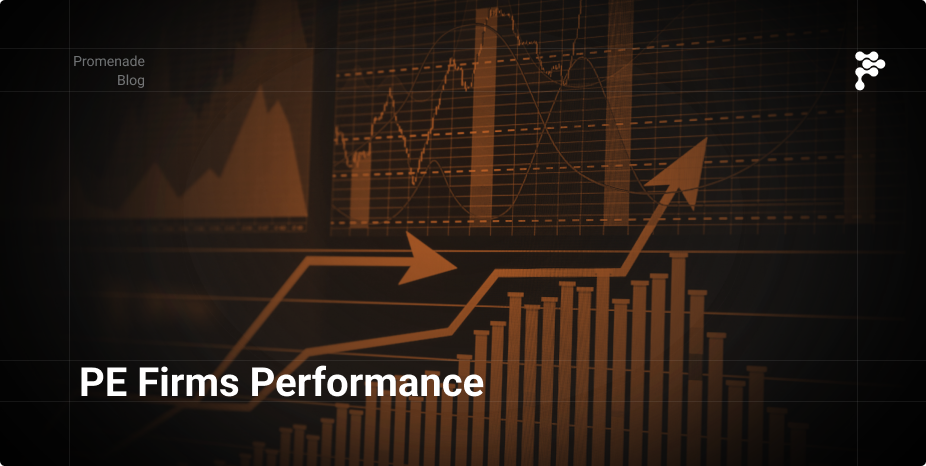Can AI Eliminate Errors in LBO Modeling?
One broken link torpedoes your LBO IRR hours before committee. If you’ve spent any time building a leveraged buyout model, you know this gut-wrenching feeling. LBO models are the backbone of private equity deal analysis, but they are notoriously complex, prone to errors, and demand excruciating attention to detail. For modeling-heavy senior associates, the hours spent troubleshooting formulas, tracking circular references, and auditing long chains of calculations can overshadow the actual strategic thinking.
The reality is that hard-coded formulas and intricate interdependencies make LBO models a minefield for human error. A misplaced decimal, an incorrect assumption, or a broken link can cascade through the entire model, leading to inaccurate valuations and flawed investment decisions. This isn't just about minor typos; it's about the integrity of the analysis driving multi-million or even multi-billion dollar transactions.
So, can Artificial Intelligence finally be the solution to this pervasive problem? Can AI eliminate errors in LBO modeling and allow associates to focus on scenarios, not syntax?
The Anatomy of LBO Modeling Errors
To understand how AI can help, let's first look at the common culprits behind LBO modeling errors:
- Hard-Coded Formulas: Models often rely on complex formulas that, if not constructed with extreme care, can easily lead to incorrect outputs, especially when assumptions change.
- Circular References: LBO models frequently contain circular references (e.g., debt interest impacting cash flow, which impacts debt, which impacts interest). Managing these without errors requires meticulous attention.
- Long Audit Chains: Tracing a specific output back to its input can involve navigating dozens of interconnected cells and sheets, making error detection a time-consuming nightmare.
- Version Control Issues: As models evolve with new information and iterations, managing different versions and ensuring consistency can introduce errors.
- Input Mistakes: Even simple data entry errors for key assumptions can significantly skew results.
A study by PitchBook highlights the scale of this problem, noting that approximately 71% of modeling time is spent on error-checking. This staggering statistic underscores the urgent need for a more robust and reliable approach to financial modeling.
AI-Powered Formula Diagnostics: Precision Over Painstaking Review
This is where AI offers a game-changing solution. Instead of manually auditing every cell, AI can act as an intelligent co-pilot, identifying and correcting errors with unparalleled speed and accuracy.
- Explain vs. Rewrite Formulas: Traditional error-checking often involves painstakingly dissecting formulas. AI can instantly "explain" complex formulas in plain language, breaking down their components and dependencies. More importantly, it can analyze existing formulas for logical inconsistencies or common errors, and even suggest corrections or rewrite them for optimal accuracy and efficiency. This moves beyond simply finding a broken link to understanding why it's broken and how to fix it structurally.
- AI Validation Against Public Comps: One of the most powerful applications is AI's ability to cross-reference your model's outputs with real-world data. An AI can validate key financial ratios, valuation multiples, and growth rates against public comparable companies (comps) or industry benchmarks. If your model's outputs deviate significantly from these benchmarks without a clear, explainable reason, the AI can flag potential errors or areas for deeper scrutiny. This provides an external layer of validation that manual checks often miss.
- Auto-Generated Sensitivity Tables: Sensitivity analysis is crucial for understanding how changes in key assumptions impact the LBO's returns. Manually building and updating these tables can be tedious and prone to errors. AI can automatically generate comprehensive sensitivity tables, exploring multiple scenarios (e.g., changes in entry/exit multiples, debt levels, growth rates) with speed and accuracy, allowing you to focus on interpreting the strategic implications rather than the mechanics.
Guardrails & Audit Logs: Building Trust and Transparency
For AI to be truly effective in LBO modeling, it needs to operate within a framework that ensures both accuracy and accountability.
- Intelligent Guardrails: AI can be configured with specific guardrails that align with your firm's modeling best practices. For example, it can flag if certain ratios fall outside an acceptable range or if assumptions are inconsistent across different parts of the model. This proactive error prevention is invaluable.
- Comprehensive Audit Logs: Every action performed by the AI, every suggested change, and every data point referenced is meticulously recorded in an audit log. This provides complete transparency and traceability, allowing senior professionals to review the AI's logic and outputs with confidence.
- Version Control Integration: AI-powered platforms can seamlessly integrate with version control systems, ensuring that changes are tracked, and different iterations of the model can be compared and reconciled without introducing new errors.
Trust the Math, Focus on the Narrative
AI will not replace the strategic judgment of a seasoned private equity professional. Instead, it empowers them by taking on the arduous, error-prone tasks that consume so much time. By leveraging AI for formula diagnostics, external validation, and automated sensitivity analysis, senior associates can finally:
- Trust the model math: Have higher confidence in the accuracy of their financial models.
- Focus on scenarios, not syntax: Dedicate more time to running meaningful scenarios, understanding the drivers of value, and developing compelling investment theses.
- Hit IC ready: Prepare for Investment Committee meetings with models that are not only robust and accurate but also thoroughly vetted for potential errors.
The future of LBO modeling is not about eliminating humans, but about augmenting their capabilities with intelligent tools that eliminate the mundane and maximize the strategic.
Ready to transform your private equity workflows and elevate your firm's productivity? Promenade AI is an advanced artificial intelligence platform specifically purpose-built for financial deal teams. We help you streamline investment workflows by automating research, accelerating due diligence, and instantly drafting critical deal documents.
Discover how. Request your personalized demo today.






.webp)